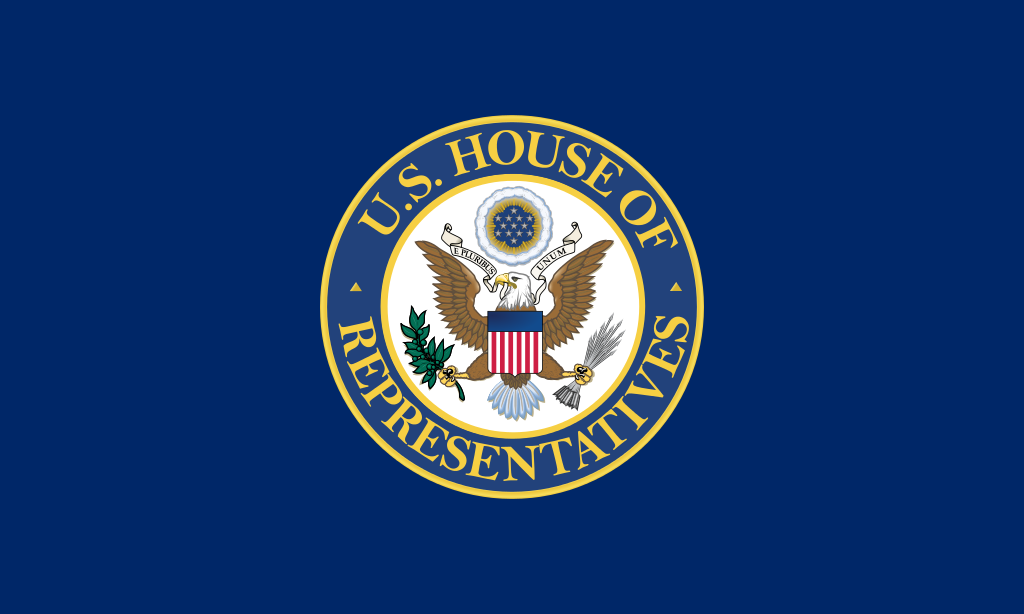Date of Prayer: 4 May 1988
Sponsor: Rep. Lawrence Coughlin (R-PA)
Rep. Coughlin: Mr. Speaker, it is truly an honor to welcome to the House of Representatives today Rabbi Seymour Rosenbloom of Congregation Adath Jeshurun in Elkins Park, PA, which is in the Commonwealth’s 13th Congressional District. Rabbi Rosenbloom attended the University of Rochester and the Jewish Theological Seminary of America. He, his wife Beth, and their three sons are residents of Elkins Park. Later this year, Rabbi Rosenbloom will observe the 10th anniversary of his leadership at Adath Jeshurun. During his tenure there Rabbi Rosenbloom has distinguished himself in his service to “A.J.” and to the community at large. His congregation, which was founded over 130 years ago and now includes some 1,200 families, will be celebrating the 10th anniversary of his spiritual guidance later this year. Mr. Speaker, this is a particularly special time for Rabbi Rosenbloom to address the House. First, several dozen members of the congregation are here today to observe the Congress in action and to discuss with Members of Congress the current plight of Soviet Jewry. I know they feel a great sense of pride in seeing their rabbi before the House today. In addition, Rabbi Rosenbloom has just returned from a trip to the Soviet Union, where he, Adath Jeshurun President Arnold Hoffman, and their wives spent 10 days. This group traveled to Leningrad and Moscow and met with a number of refuseniks, including A.J. adoptees Yuli Kosharovsky and Julian Khassin and their families. They saw firsthand the tragedy that befalls those in the Soviet Union who wish to worship freely, study their history and traditions, and pursue their rights to emigrate freely. I make reference to the rabbi’s visit because today, by contrast, he stands before one of the greatest institutions that democracy has ever known. The differences between his environment last week and the one in which he finds himself today could hardly be more dramatic. In one, free speech is suppressed, free worship is a farce, and basic rights are meted out arbitrarily by the State. In the other, symbolized most profoundly by this very Chamber, the free exchange of ideas is not only allowed, but encouraged. All are free to travel or worship as they see fit. Mr. Speaker, we are grateful for the spirituality, the wisdom, and the moral leadership that Rabbi Rosenbloom shares with us today. As his words echo in this Chamber, let us remember also that there are indeed many who are not so fortunate, who long to express themselves freely and whose basic rights are not secured.
| Contribute a translation | Source (English) |
|---|---|
|
|
Almighty God,
in whose image each human being is created, and before whom individuals and nations stand accountable for their deeds, we give thanks for the innumerable “kindnesses which countless times Thou hast showered upon our ancestors and upon ourselves,”[1] From the English translation for “Nishmath” in Seder Avodah, p. 185 (Max Klein 1951), the prayerbook of Congregation Adath Jeshurun, the congregation of Rabbi Rosenbloom. among them most especially, the privilege of being an American. |
|
|
Gathered in this Chamber,
we ask Thy guidance for the Members of the House of Representatives, chosen by the people to protect through the rule of law the inalienable rights of “life, liberty, and the pursuit of happiness”[2] From the United States Declaration of Independence, 4 July 1776. with which Thou hast endowed each one of us. |
|
|
Through their deliberations,
may we continue to build a society in which the words of the Prophet will find their continuing fulfillment, a society in which “justice [shall] well up as waters, and righteousness as a mighty stream.” (Amos 5:24) |
|
|
Amen.
|
Source(s)
100th Congress, 2nd Session. C-SPAN.
Congressional Record, Vol. 134, Part 7 — Bound Edition, p. 9818.
Notes
| 1 | From the English translation for “Nishmath” in Seder Avodah, p. 185 (Max Klein 1951), the prayerbook of Congregation Adath Jeshurun, the congregation of Rabbi Rosenbloom. |
|---|---|
| 2 | From the United States Declaration of Independence, 4 July 1776. |




